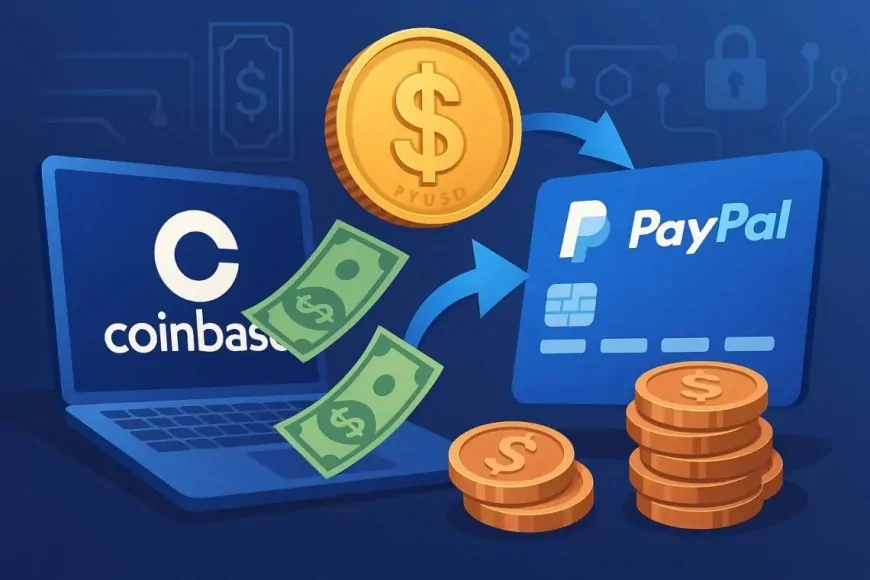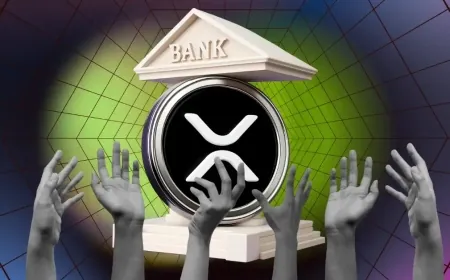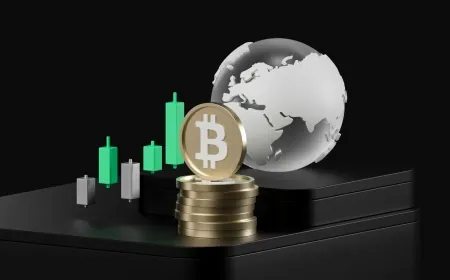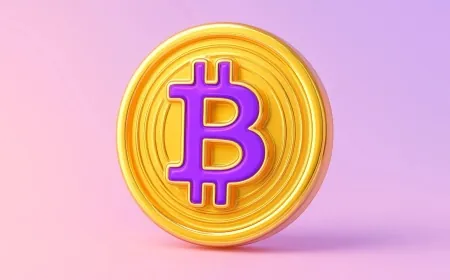Coinbase Adds Fee-Free Access to PayPal’s PYUSD Stablecoin — Could It Challenge USDC and Tether?
The two giants are working together to give PayPal USD a bigger role in the crypto economy. But is the market ready for another stablecoin contender?

PayPal’s dollar-backed stablecoin, PYUSD, is getting a stronger foothold in the crypto world following an expanded partnership with Coinbase, one of the most prominent U.S. crypto exchanges. As of April 24, users can now purchase PYUSD with no fees through Coinbase, with instant conversion to U.S. dollars available.
The initiative is part of PayPal’s effort to improve the functionality and reach of PYUSD across payment platforms and within decentralized applications — including decentralized finance (DeFi) protocols — where stablecoins are already an essential tool.
This development signals a more active push by PayPal into the crypto economy, and could potentially disrupt the dominance of long-established players like Tether (USDT) and Circle’s USDC.
PayPal’s Stablecoin Gets a Second Wind Through Coinbase
PayPal released PYUSD in 2023, but adoption has been slower than expected. In a market where USDT and USDC account for the majority of stablecoin transactions, PYUSD has so far lagged behind in both volume and visibility.
That may change with this Coinbase rollout. While PayPal already offers crypto capabilities within its own app, integrating directly with Coinbase opens access to millions of active crypto traders and developers.
For PayPal, it’s a chance to establish PYUSD as a credible option for blockchain-based payments. For Coinbase, it’s a step toward further integrating stablecoins into the broader digital asset ecosystem.
DeFi Integration Could Strengthen PYUSD’s Use Case
Both companies indicated they will collaborate on bringing PYUSD into DeFi use cases — an area where stablecoins play a vital role in lending, borrowing, staking, and on-chain trading.
Currently, DeFi platforms rely heavily on USDC and DAI. If PYUSD becomes compatible with major protocols and smart contracts, it could gain a much-needed edge. However, DeFi adoption is still limited by technical complexity, lack of user protection, and legal uncertainty.
To succeed, PYUSD must be more than a payments token — it must prove useful within smart contract ecosystems where stablecoin reliability is essential.
PYUSD May Offer Yield — But Comes With Trade-Offs
PayPal has shared plans to offer a 3.7% yield on PYUSD holdings later this year. While that might appeal to users looking for passive income, it's important to recognize the difference between yield on a stablecoin and interest in a traditional bank.
Unlike savings deposits, stablecoins are not FDIC-insured, and returns are usually linked to how the issuer manages underlying assets. If there’s a misstep, there’s no government safety net.
That said, PayPal says PYUSD is fully backed by U.S. dollar deposits and short-term treasuries, a model similar to USDC’s. This approach offers more transparency and reduces the risk of losing the 1:1 peg, but does not eliminate it entirely.
This Deal Could Nudge Crypto Further Into the Mainstream
Stablecoins serve as a bridge between traditional finance and digital assets. Their stability makes them useful for payments, trading, and cross-border transactions — especially when paired with platforms that have massive user bases.
PayPal processed nearly $1.7 trillion in payments in 2024, with more than 425 million active accounts. Tapping into even a fraction of that audience with PYUSD could shift the stablecoin landscape significantly.
By removing fees and simplifying access through Coinbase, both companies are making stablecoin usage more convenient for regular users, developers, and businesses.
The Coinbase-PayPal partnership around PYUSD might not move the market overnight — but it’s a significant step toward making stablecoins a real part of daily payments and decentralized finance.
For crypto investors, it signals that major players are still building — even in uncertain market conditions. And for the industry, it’s a reminder that the future of crypto may not lie in wild speculation, but in quiet infrastructure upgradeslike this one that bring blockchain closer to the mainstream economy.
Also Read: Coinbase Removes Fees for PayPal's PYUSD to Boost Crypto Payments































































